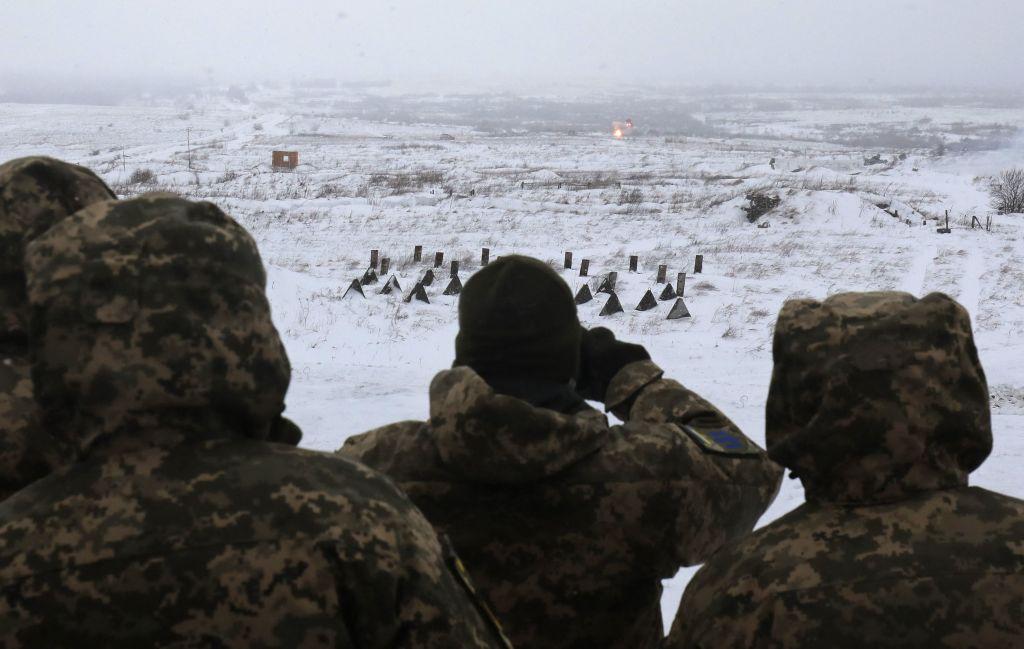Former Acting Director of National Intelligence Richard Grenell has criticized the Biden administration and Washington insiders for needlessly saber-rattling with Russia.
Grenell made his remarks at a Feb. 16 congressional hearing on Ukraine, following a recent declaration from the White House that the threat of a Russian invasion is “immediate.” Russia has repeatedly denied any invasion plans and has claimed to have started moving some of its forces away from Ukraine’s borders—although NATO officials said Feb. 16 they have no evidence of a withdrawal.




